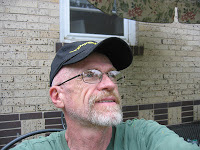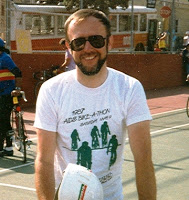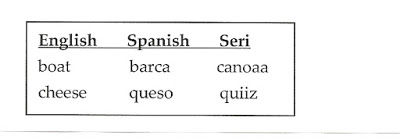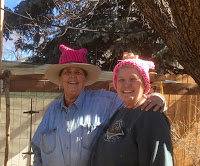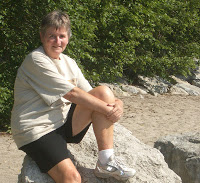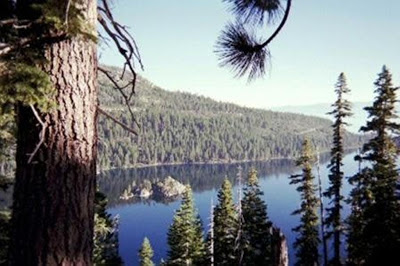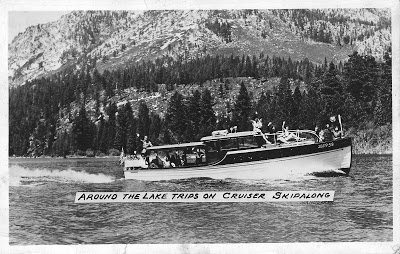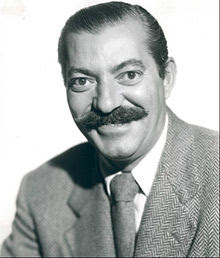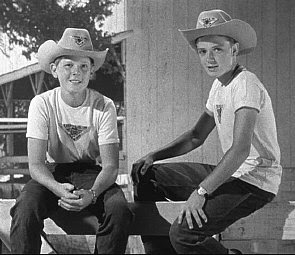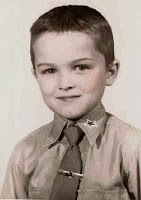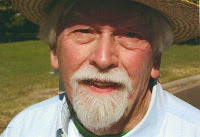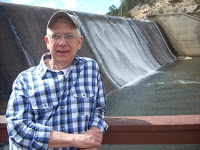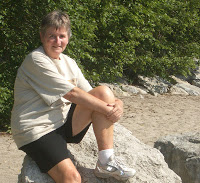My birthday is January 12th and I was born in 1949 in LaPorte Indiana. So for my first 67.5 years of life on earth I was per popular astrology a Capricorn. I did have my astronomical chart drawn and calculated for me once many years ago. I always responded when asked my sign that I was a Capricorn. Then those with whom I had just shared this vital information would respond with a nod and often saying with authority ‘of course you are’. Strange how very rarely these days I am ever asked my sign when it was often the next thing out your mouth after stating one’s name in the 1970’s, at least in the circles I traveled in.
Needless to say I was surprised, though not particularly dismayed, to learn that I was no longer a Capricorn but thanks to the National Aeronautics and Space Administration (NASA) I was now a Sagittarius. NASA went an added a 13th zodiac sign to possibly be born under: Ophiuchus (I think phonetically pronounced: ‘oh,fuck-us’)! I have linked below to a couple articles that I used in researching this new and to many a very disturbing development. That would be the crowd that has for years planned their day at least in part after reading their horoscope in the daily paper or blaming all sorts of bad stuff on Mercury in retrograde.
Maybe that’s why you hear less about people’s zodiac signs since who reads the print media anymore. I am sure though that an app must exist for those not willing to venture outside without first checking what’s up for them that day per 3000 year old Babylonian mythology.
So what’s up with this additional zodiac sign? Well in a rather snarky quote from Laurie Cantillo of the Planetary Exploration, Heliophysics Department she explained why they added a 13th zodiac sign called Ophiuchus: “We didn’t change any zodiac signs, we did the math. NASA reported that because the Earth’s axis has changed, the constellations are no longer in the same place they were thousands of years ago”. This shift in axis is due its theorized to lost ice related to global warming causing the Earth to sort of tip to one side. Oops! Try telling folks born under the new sign of Ophiuchus that man-made climate change is a hoax.
Apparently this update in the zodiac signs by NASA, perhaps the first such adjustment since the Babylonians first go at it 3000 years ago, has resulted in 86% of us now having a different sign. This of course radically alters the daily advice we need to be following if we still use these bromides to plan our life. Actually, if you are still relying on this advice I find that more disturbing than whether or not you are consulting the correct sign.
I am reminded of the apparently true stories of Nancy Reagan frequently consulting her personal astrologer, the late Joan Quigley, for advice during their years in the White House on how or when she and Ronnie should proceed in conducting personal, national and world affairs. That explains a few things doesn’t it! Reagan was born on February 6th, which made him a Sagittarius in the old 12-sign model, but now we know he should have been a Capricorn. We are left to ponder how different the world might be today if Nancy’s astrologer had been feeding them the correct celestial information!
One small caveat on how this change has been for me personally sheds a bit of light on my sexual escapades of the past 50 years. You can find all sorts of attributes attributable to your sign on-line though many have not caught up with the addition of Ophiuchus. There is even sexual stimulation advice available. For Capricorns you can supposedly drive them to a frenzy of sexual madness by tickling them behind the kneecaps. Since I am no longer a Capricorn but was really a Sagittarius oh these many years that explains why nobody ever got me off tickling me behind my knees! As a Sagittarius I can apparently be brought to the brink of orgasm by stroking my inner thighs. Though I think this is getting closer to pay dirt, a stimulating move farther north involving a sustained reach-around will still be required for a happy ending.
Capricorn: Jan 20-Feb 16
Aquarius: Feb 16-March 11
Pisces: March 11-April 18
Aries: April 18-May 13
Taurus: May 13-June 21
Gemini: June 21-July 20
Cancer: July 20-Aug 10
Leo: Aug 10-Sept 16
Virgo: Sept 16-Oct 30
Libra: Oct 30-Nov 23
Scorpio: Nov 23-Nov 29
Ophiuchus: Nov 29-Dec 17
Sagittarius: Dec 17-Jan 20
https://www.washingtonpost.com/news/morning-mix/wp/2016/09/26/chaos-in-the-zodiac-some-virgos-are-leos-now-but-nasa-couldnt-care-less/ http://www.cosmopolitan.co.uk/entertainment/news/a45943/star-sign-horoscope-change-2016/
November 2016
About the Author
I was born in La Porte, Indiana in 1949, raised on a farm and schooled by Holy Cross nuns. The bulk of my adult life, some 40 plus years, was spent in Denver, Colorado as a nurse, gardener and gay/AIDS activist. I have currently returned to Denver after an extended sabbatical in San Francisco, California.
